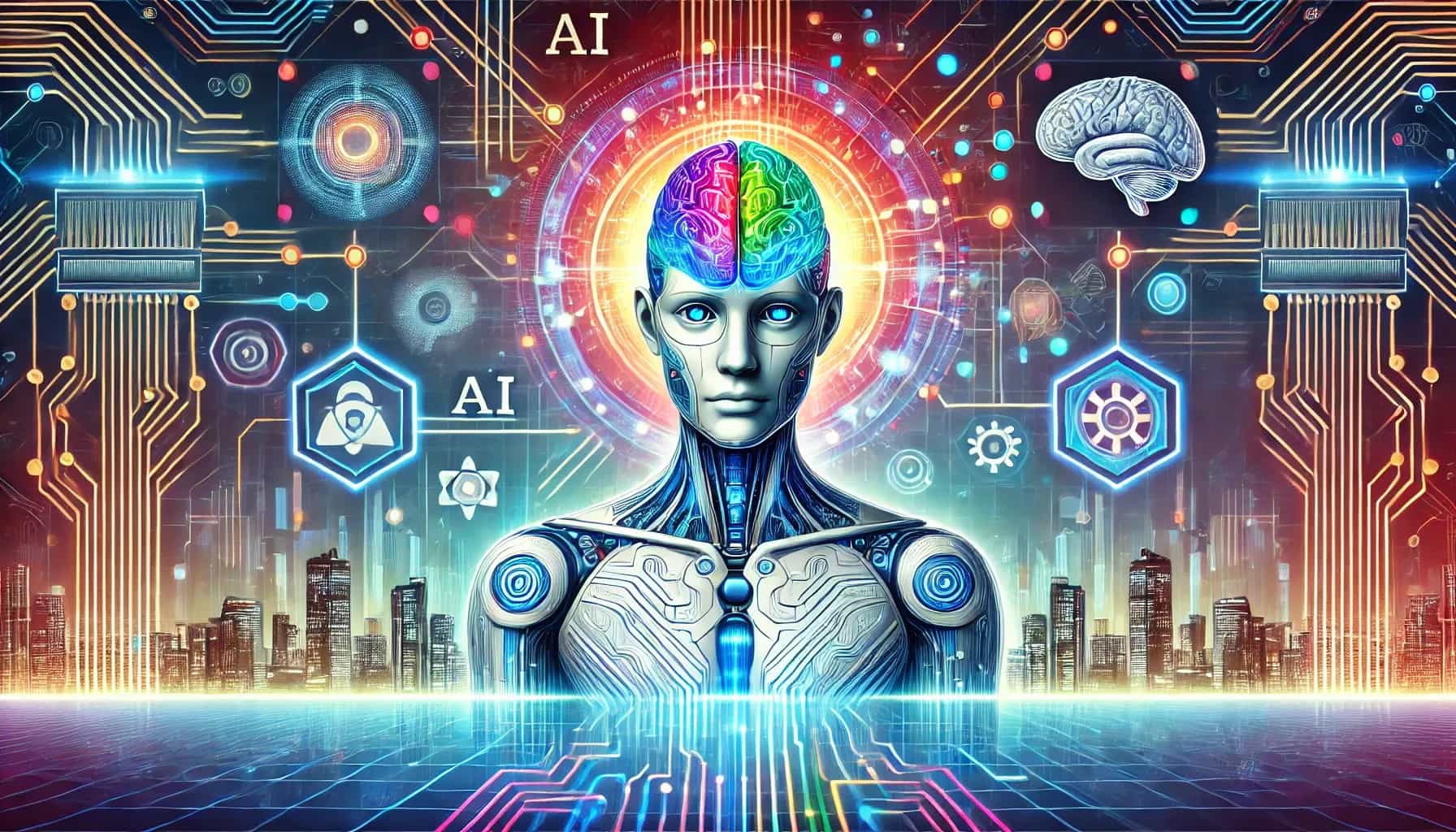In the rapidly evolving digital landscape, the integration of Artificial Intelligence (AI) into Search Engine Optimization (SEO) is transforming how businesses approach their online strategies. As search engines become more sophisticated, leveraging AI in SEO is no longer just an option but a necessity. Here’s why AI is crucial in the realm of SEO and how it can enhance your digital marketing efforts.
1. Understanding User Intent
One of the most significant advancements AI brings to SEO is the ability to understand user intent better. Traditional SEO focused heavily on keywords, but AI allows search engines to comprehend the context behind those keywords. Algorithms like Google’s RankBrain and BERT analyze search queries to determine what users are truly looking for, delivering more accurate and relevant results. This means that content must be more user-focused, addressing the actual needs and questions of the audience.
2. Enhanced Content Creation
AI tools can assist in content creation by providing insights into trending topics, keyword suggestions, and content gaps. These tools analyze vast amounts of data to predict what type of content will perform well, enabling marketers to craft content that is both relevant and engaging. AI-driven platforms like Clearscope and MarketMuse offer recommendations for optimizing content to rank higher in search results, ensuring that your content strategy is data-driven and effective.
3. Improving On-Site SEO
AI can significantly enhance on-site SEO by optimizing various elements of your website. AI-powered tools can analyze your site’s structure, loading speed, mobile-friendliness, and other technical aspects, providing actionable insights to improve performance. For instance, Google's PageSpeed Insights utilizes AI to offer suggestions for speeding up your site, which is a critical factor in ranking.
4. Voice Search Optimization
With the rise of voice search, optimizing for spoken queries is becoming increasingly important. AI plays a vital role in this area by understanding natural language and conversational search patterns. Voice search queries are typically longer and more complex, requiring a shift in how we approach keyword research and content creation. AI helps in identifying these long-tail keywords and optimizing content to match the conversational tone of voice searches.
5. Personalization and User Experience
AI enables a higher degree of personalization, which is essential for enhancing user experience. By analyzing user behavior, AI can deliver personalized content recommendations, product suggestions, and search results tailored to individual preferences. This not only improves user engagement but also increases the likelihood of conversions. For example, AI algorithms can track a user’s browsing history and suggest relevant articles or products, making the browsing experience more intuitive and enjoyable.
6. Automating Routine Tasks
AI can automate many routine SEO tasks, allowing marketers to focus on more strategic initiatives. Tasks such as keyword research, site audits, and performance analysis can be time-consuming, but AI-powered tools can handle these efficiently. Automation not only saves time but also reduces the risk of human error, ensuring that your SEO efforts are accurate and up-to-date.
7. Data Analysis and Insights
AI excels at analyzing large datasets to uncover patterns and insights that humans might miss. This capability is invaluable for SEO, where data-driven decisions can make a significant difference in performance. AI tools can analyze traffic patterns, user behavior, and competitive landscape, providing insights that inform your SEO strategy. By leveraging AI for data analysis, marketers can make more informed decisions, optimize their strategies, and stay ahead of the competition.
8. Predictive Analytics
Predictive analytics is another area where AI is making a substantial impact. By analyzing historical data, AI can predict future trends and search patterns, allowing businesses to stay proactive rather than reactive. This foresight can be used to anticipate shifts in consumer behavior, emerging keywords, and new market opportunities, enabling businesses to adjust their strategies accordingly and maintain a competitive edge.
Conclusion
The integration of AI into SEO is revolutionizing the way businesses optimize their online presence. From understanding user intent and enhancing content creation to improving on-site SEO and personalizing user experiences, AI offers a myriad of benefits that can significantly boost your SEO efforts. As search engines continue to evolve, embracing AI will be essential for staying competitive in the digital landscape. By leveraging AI technologies, businesses can ensure that their SEO strategies are not only effective but also future-proof.
For more insights on how to leverage AI in your SEO strategy, visit our news section and stay updated with the latest trends and technologies in digital marketing.
Author

